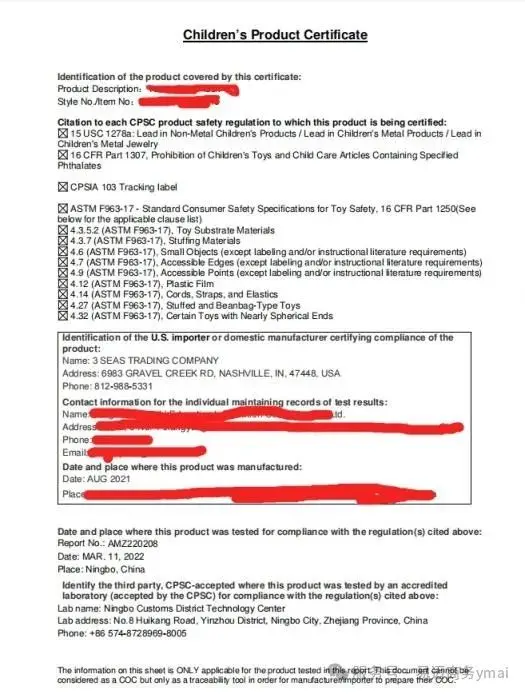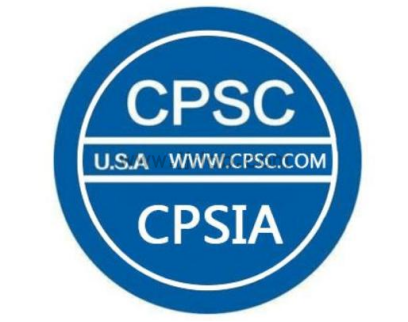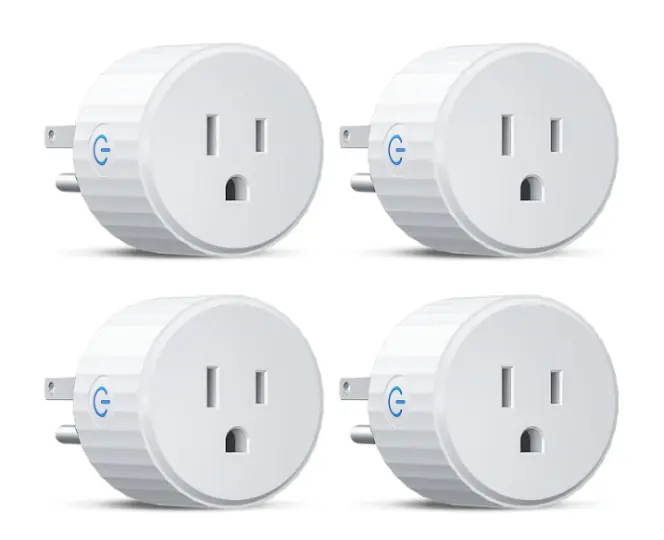
How to Apply for Japan's PSE Certification?
Applying for Japan's PSE certification is a multi-step process aimed at ensuring that electrical and electronic products comply with the safety standards of Japan's Electrical Appliance and Material Safety Law (DENAN Law) or international IEC standards. Below is an overview of the general procedure and required documents:
pse certification Application Process
1. Document Preparation:
- PSE certification application form.
- Copies of business licenses of the applicant, manufacturer, and production plant.
- Product manual.
- Description of differences between product models within the same application unit.
- List of key components/main raw materials.
- Product dimensions, assembly diagrams, and detailed drawings of parts.
- Relevant documents issued by the manufacturer.
2. Choosing a Certification Body:
- Select a certification body (CAB, Conformity Assessment Body) that is recognized by the Japanese government.
3. Submission of Application:
- Submit all required documents and materials to the chosen certification body.
4. Evaluation and Testing:
- Document Review: The certification body will review the provided technical documents.
- Design Review: Assess whether the product design meets safety standards.
- On-site Inspection: If needed, the certification body will inspect the production site.
5. Testing:
- The product will be tested in a laboratory designated by the certification body (e.g., JJR Lab in China).
6. Review and Assessment:
- Based on the test results and document review, the certification body will decide whether to grant certification.
7. Issuance of Certificate:
- If the product passes all evaluations and tests, the certification body will issue a PSE certificate.
8. Labeling:
- Apply the appropriate PSE mark to the product. A diamond-shaped mark is used for “specified electrical appliances,” while a circular mark is used for “non-specified electrical appliances.”
Important Points to Note
1. Depending on the product, PSE certification is divided into “specified electrical appliances” and “non-specified electrical appliances.” The former requires a diamond-shaped PSE mark, while the latter requires a circular PSE mark.
2. "Specified electrical appliances" must be certified by a third-party certification body, whereas "non-specified electrical appliances" can be certified through self-declaration or third-party certification.
3. For “non-specified electrical appliances,” the product must undergo testing in a laboratory recognized by the Japanese Ministry of Economy, Trade and Industry (METI) and obtain a valid test report and PSE certificate.
4. PSE certification is categorized into two types: a diamond-shaped PSE mark for 116 Class A products and a circular PSE mark for 341 Class B products.
Costs and Timeline
1. PSE certification costs and timelines vary based on several factors, including the type of product, the scope of testing required, and the chosen certification body.
2. Typically, certification costs include testing fees, certificate fees, factory inspection fees (if applicable), and annual maintenance fees.
3. For precise costs and timelines, it is advisable to consult the certification body directly.
To successfully apply for PSE certification, it is essential to prepare all the required documents and go through the necessary testing and review process. Ensuring that your product meets the PSE certification standards is a prerequisite for entering the Japanese market. For more detailed information or specific guidance, consult a professional PSE certification service provider.
Email:hello@jjrlab.com
Write your message here and send it to us
 Toy Toxicology Testing CA
Toy Toxicology Testing CA
 CPSIA Compliance for Children's Products
CPSIA Compliance for Children's Products
 Food Contact Items Testing
Food Contact Items Testing
 Energy Star Testing Laboratory
Energy Star Testing Laboratory
 Do I Need to Test Every Color for CPSIA Compliance
Do I Need to Test Every Color for CPSIA Compliance
 Accredited Medical Device Testing Lab
Accredited Medical Device Testing Lab
 Safety Testing for Baby Wrap
Safety Testing for Baby Wrap
 United States Electrical Plug Certification
United States Electrical Plug Certification
Leave us a message
24-hour online customer service at any time to respond, so that you worry!




